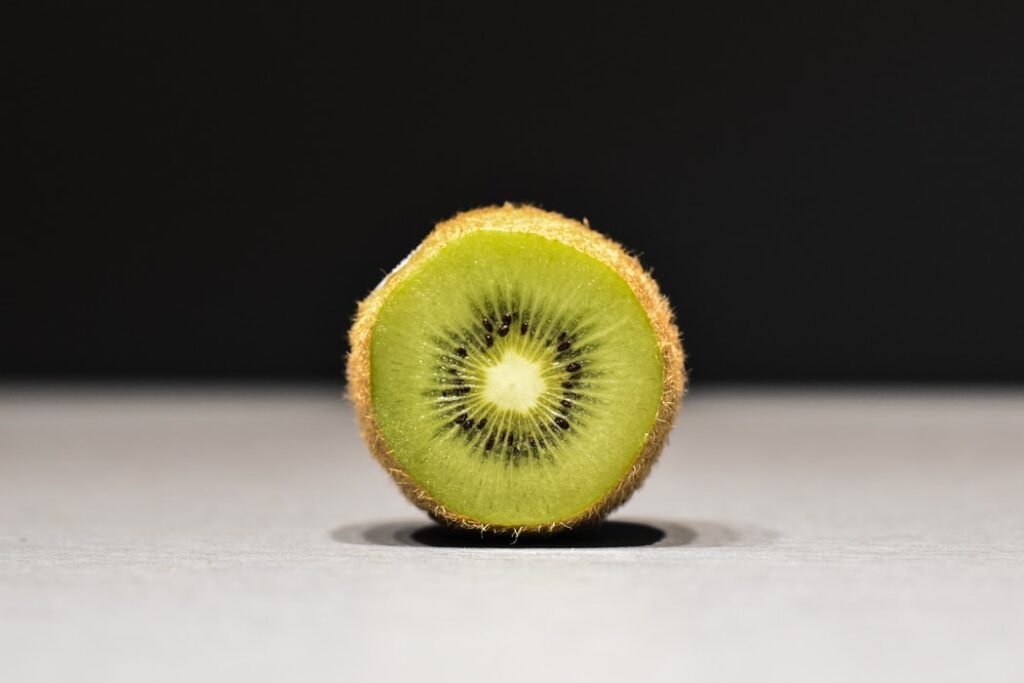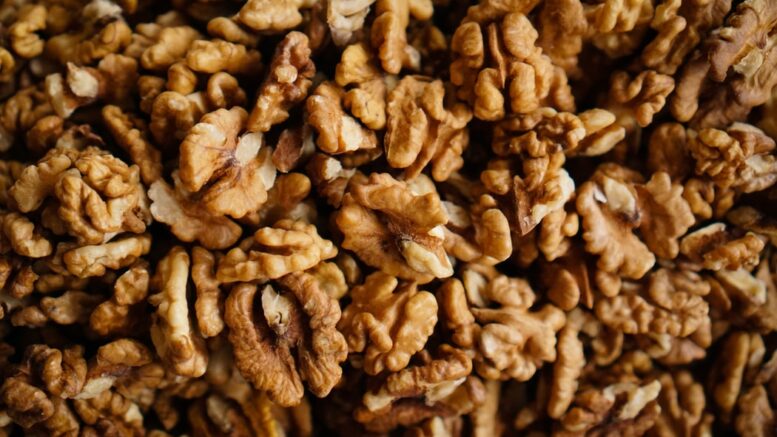A recent survey from health tech company Philips revealed that only 55% of adults are satisfied with the amount and quality of sleep they get. The study polled over 13,000 adults in 13 countries, highlighting just how prevalent sleep problems are regardless of culture.
Most doctors recommend adults get between seven to nine hours of sleep per night. However, the Philips study also found that many people get just under seven hours of sleep each night (6.9 total). Though common, this issue is serious.
Insufficient sleep can cause high blood pressure, diabetes, and heart problems such as attacks and failure. Other peripheral issues include impaired immunity, depression, and obesity. However, many adults don’t have the option of sleeping more due to professional and personal responsibilities.
In recent years, more workers have looked to tackle their health by consulting health professionals. Some go a long way to keep a healthy diet and prioritize sleep—even if their line of work requires long, sometimes overnight, stretches of concentration.
For example, poker pros can spend hours evaluating card values while hunched over a table or screen. Many hire trainers and nutritionists to design diet and workout plans for demanding schedules, such as a worldwide tournament.
One of the most important aspects for any pro with a demanding career is the quality of sleep. Though paying for a sleep specialist is still a niche interest, tackling things like exercise and nutrition can have a direct effect on sleep quality. More exercise equals better sleep, as does a healthier diet.
But which foods are ideal for promoting restful sleep? Here are five of the best options that can be found in most supermarkets for a reasonable price.
Nuts: Almonds & Walnut
Tree nuts have ample benefits for a person’s overall health but have sleepy superpowers that can help optimize a nighttime routine. Keep in mind that these results are still scientifically unproven to be linked with better sleep, as studies have yet to be conducted on humans.
However, it’s known that almonds contain melatonin. Melatonin is a hormone that promotes sleep. They’re also a great source of magnesium, which has been linked to lower levels of the stress hormone, cortisol, as well as lessening inflammation.
Turkey
In recent years, turkey has become a popular substitute for red meats and even chicken. It has fewer calories and more protein than chicken, while is has significantly less cholesterol and sodium than red meat.
In the US, eating turkey on Thanksgiving is commonly attributed to naps and ‘food comas’. The food has a reputation for a reason, as its high in tryptophan, an amino acid with increases the production of melatonin.

Kiwi
Though seasonal, kiwis are an excellent way to regulate health. They’re hi in folate, potassium, and vitamin C. They’ve also been scientifically linked to better sleep; one study found that eating kiwi before bed saw a 42% decrease in the time needed to fall asleep over a four-week period.
Kiwis, like nuts, have anti-inflammatory qualities, which promote restfulness. They’re also known for promoting serotonin. Melatonin is a hormone that promotes sleep, while serotonin is a brain chemical that performs the same function.
Fatty Fish
In addition to providing key omega-3 fatty acids, fatty fish have huge amounts of vitamin D. These qualities make fatty fish a common food for health-minded individuals, but also contribute directly to the brain’s production of serotonin.
As mentioned above, serotonin is the brain’s way of regulating sleep. Omega-3 fatty acids have been linked to better sleep. However, it’s vitamin D that’s becoming the focus of more food-based sleep studies. Compared to chicken, beef, and pork, fatty fish provide high levels of vitamin D.
White rice
Most health-conscious individuals focus on brown rice, as it has higher levels of fiber, nutrients, and anti-oxidants because the rice’s bran hasn’t been removed. One reason many avoid white rice is that it has a high carb count and a low fiber count, which means it increases blood sugar.
Studies have suggested that consuming a high GI food one hour before bed could promote a better quality of sleep, especially when compared to other high-carb foods like bread and noodles.
